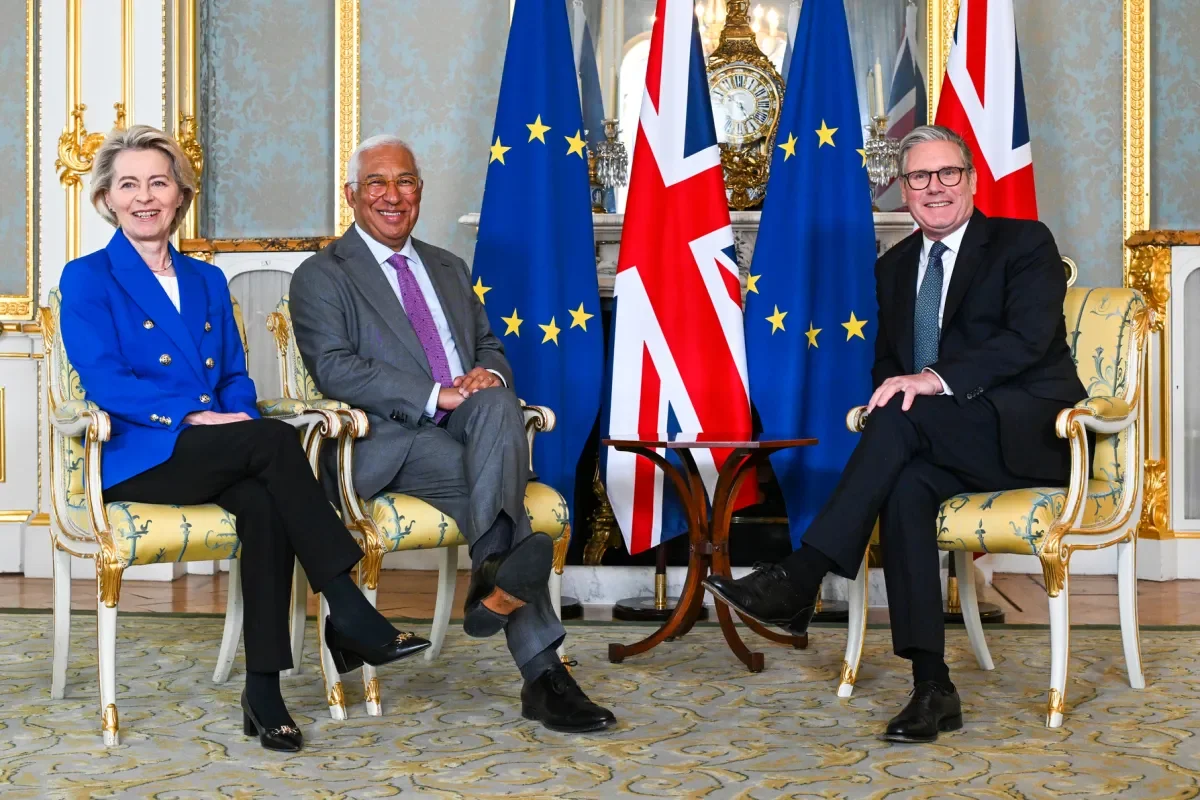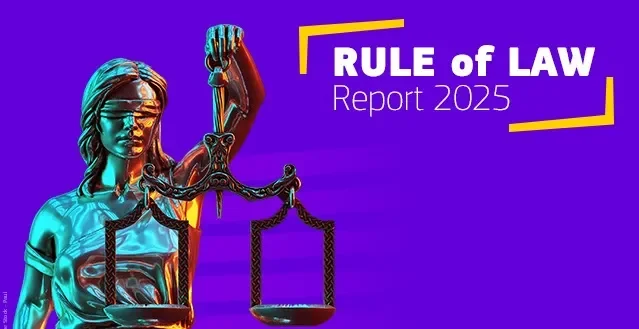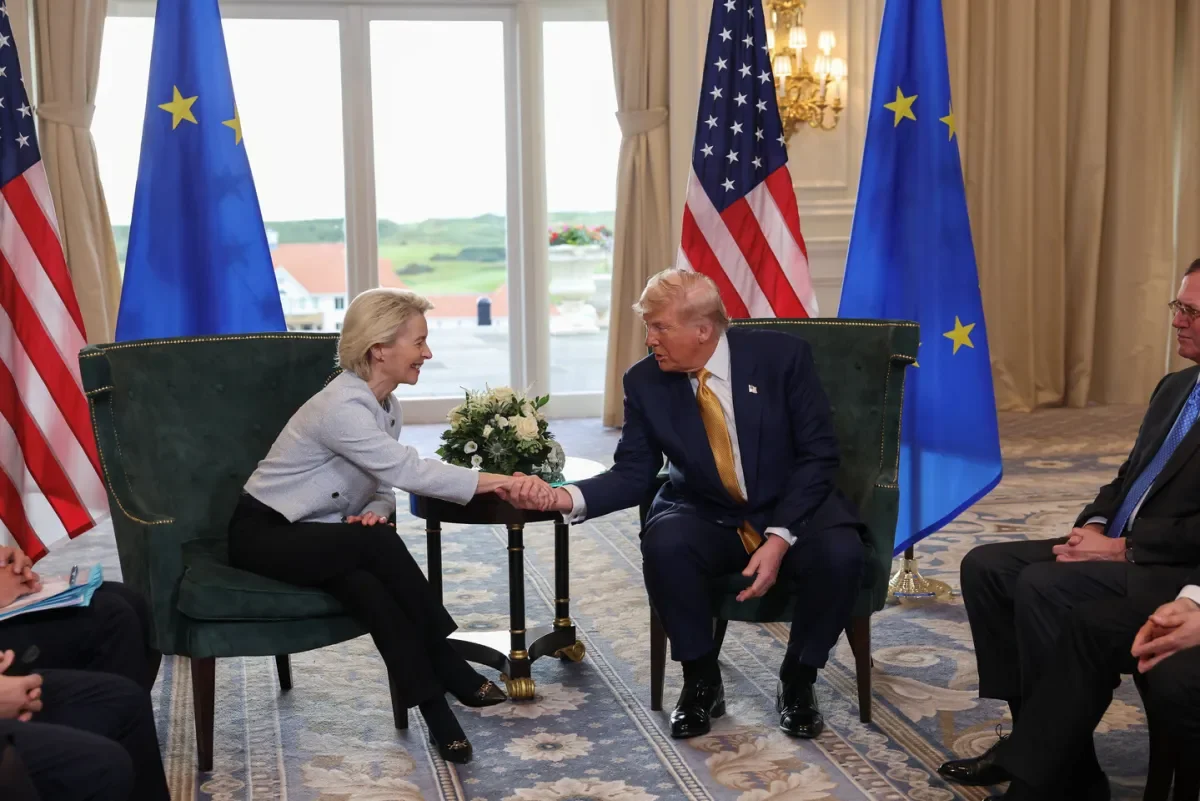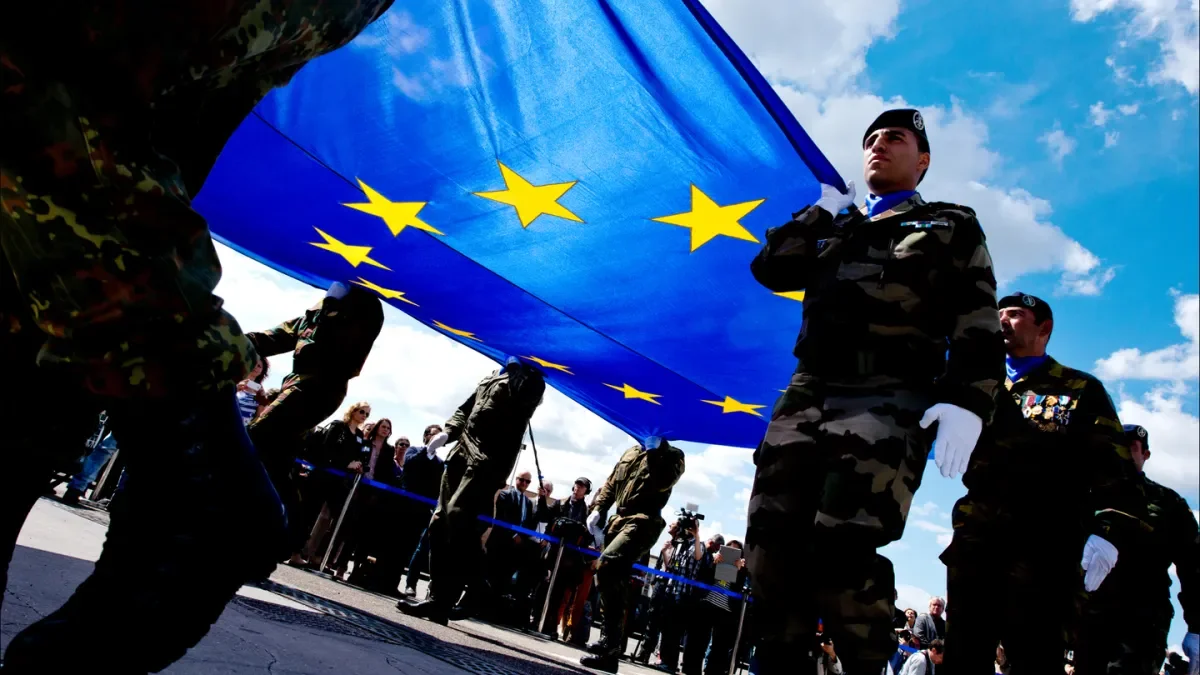
Federico Fabbrini (Dublin City University)
Last Monday, 19 May 2025, the Prime Minister of the United Kingdom (UK), Sir Keir Starmer, welcomed in London the Presidents of the European Commission, Ursula von der Leyen, and the European Council, Antonio Costa, for the first UK- European Union (EU) summit since Brexit. The meeting has been hailed in the press, and in the media offices of the two institutions, as the ‘re-set’ summit. Indeed, the gathering of leaders from both the EU and the UK set a positive political momentum between the parties. At a time when war rages in Europe, due to the continuing Russian aggression against Ukraine, and major uncertainties weaken transatlantic relations, due to the erratic attitude of the President of the United States (US) Donald Trump in the field of trade and defense, the EU and the UK reaffirmed their partnership and agreed to develop further their cooperation.
Nevertheless, beyond the rhetorical enthusiasm surrounding the moment, the reality of the EU-UK partnership is hardly transformative. The substance of what has been agreed on 19 May 2025 is pretty limited: essentially, the EU and the UK only reached a deal to extend the fishing arrangements enshrined in the 2021 Trade & Cooperation Agreement (TCA) until 30 June 2038, hence enabling EU fishing boats to operate in UK territorial waters in exchange for easier access of UK fishing products to the EU market. Beyond that, parties have only concluded exploratory talks and agreed to continue negotiations, in a plurality of domains – from security and defense, to energy, mobility of young people and trade, including a sanitary and phytosanitary agreement, which would greatly benefit free movement of goods also in the framework of the Northern Ireland Protocol to the Withdrawal Agreement.
In particular, the much anticipated EU-UK Security and Defence Partnership has been underwhelming for those who expected a much more explicit, and legally binding, mutual defense pact. Parties, instead, have only committed to set up a dialogue and consultation mechanisms, with meetings every six months to discuss a variety of security issues, from regional to maritime and space security, from sanctions to cyber, emerging disruptive technologies and hybrid threats, from countering foreign intelligence manipulation and interference to counter-terrorism, non-proliferation, climate, health and migration. It should be remembered that after Brexit, the EU had sought a comprehensive security partnership with the UK, but the Johnson government – in the name of a sovereignty first Brexit – had stanchly refused to include defense in the remit of the TCA. Five years afterwards, and with a Labor Government at the helm, progress in this field has remained equally elusive.
This state of affairs confirms the enduring legacy of Brexit – almost a decade after the referendum – and the political difficulties that the UK faces in rebuilding bridges with the EU. Indeed, the recent electoral successes of the UK Reform Party – the new movement led by Brexit’s mastermind Nigel Farage – can be identified as a key determinant for the UK’s government reluctance to strike a new, ambitious deal with the EU. Although Brexit has proved to be damaging for the UK, any effort at deepening ties with the EU would smack as a betrayal of the people’s choice: this forces the UK to take a piecemeal approach in its rapprochement towards the EU, advancing with minor steps in technical areas such as electricity markets, the emission trading system or the Horizon research scheme – although in each of these areas the UK has to agree to dynamic alignment with EU law, to subject itself to the jurisdiction of the European Court of Justice and often to pay for play.
On top of this, the potential for a deepening of the EU-UK partnership, beyond the current terms of the TCA, are complicated by the UK’s ambiguous position vis-à-vis the US. In particular, on 8 May 2025 the UK’s Government concluded with the US Trump administration a much publicized trade deal – the so-called Economic Prosperity Deal (EPD) – which reduced towards the UK some of the tariffs that the US had introduced across the board towards all its trade partners, in exchange for greater US access to the UK market. Once again, in reality, the US-UK EPD is not quite a trade deal. Rather, it is just a general framework, i.e. an agreement by the parties to negotiate a future trade agreement, which will prove no doubt challenging when principles reach details. Yet the UK stance towards the US departs from the more confrontational approach embraced by the EU and poses a road-block to deepening trade ties with the EU – ironically the largest economic partner of the UK.
Some final conclusions can therefore be made. First, global politics is increasingly characterized by PR-stunts, marketing announcements where rhetoric trumps reality: this is true for the EU-UK summit conclusions, as well as for the EDP. Second, ideology – the fuel that powered Brexit – continues to dominate over rational economic interests, limiting the ability of the UK to fundamentally revisit the status quo, and deepen economic ties with the EU. Thirdly, as a result of the two dynamics mentioned above, small steps to rebuild what has been destroyed are hailed as a great success. Hence, a deal securing 10% tariffs on the UK automobile exports to the US is branded as a major political win; and so is an agreement to explore possibilities for the UK to join inter alia the EU’s electricity market, its transnational law enforcement mechanisms, and the free movement of professionals. But people should not forget that pre-Trump, the UK exported cars tariff free to the US; and that pre-Brexit it enjoyed all the above mentioned benefits and many more as a full member of the EU. The art of destroying – aka Brexit and global trade wars – is easy; the art of rebuilding much harder.

Federico Fabbrini is Full Professor of European Law at the School of Law & Government of Dublin City University and Founding Director of the DCU Brexit Institute and Dublin European Law Institute.



